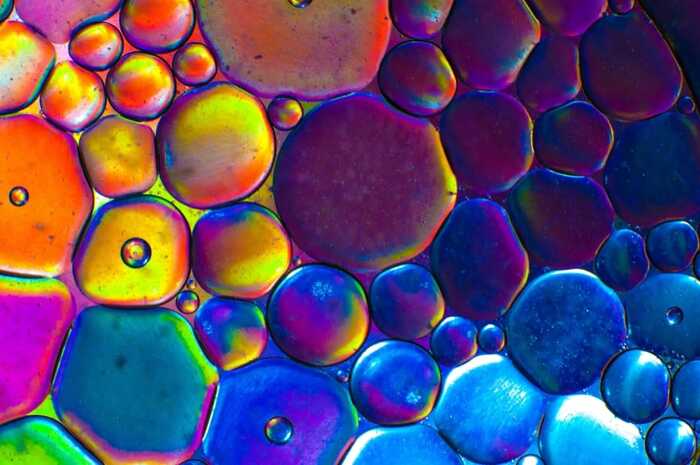Synchronizing the molecular clocks that mark aging in the cells of the organism to discover whether they tick independently or whether they interact with each other, influencing each other: this is the experiment that researchers from the Institute of Molecular Oncology Foundation in Milan will try to carry out , in collaboration with researchers from Jeff Bezos' Altos Labs, to find new strategies with which to increase longevity and control age-related diseases such as cancer.
Ifom and Cnr biologist Fabrizio d'Adda from Fagagna, among the protagonists of the 'Milan Longevity Summit', told ANSA.
The event, which brings together sixty of the world's most well-known aging experts, is organized by BrainCircle Italia, the non-profit association for scientific dissemination founded in 2010 under the aegis of Nobel Prize winner Rita Levi Montalcini.
"In our organism - explains d'Adda di Fagagna - there are various molecular clocks that mark aging at different speeds: the best known are the epigenetic clock and the telomere clock".
The epigenetic clock, developed by Altos Labs biostatistician Steve Horvath (among the speakers at the Milan Longevity Summit), is a mathematical model that allows the age of an organism to be estimated on the basis of the chemical modifications that genes by altering their expression.
"This clock is very precise and has been preserved throughout evolution, so much so that we can find it in hamsters as well as in humans and whales", underlines the Ifom expert.
"The telomeres, however, which are the protective caps placed at the ends of the chromosomes, mark the passage of time by progressively accumulating damage in their DNA sequences".
The objective of the experiment that is starting in recent weeks is to correlate epigenetic modifications and telomere damage in laboratory mice.
"If the study demonstrates that one molecular clock influences the other - says Fabrizio d'Adda of Fagagna - then it will become the main target to hit to increase longevity. On the contrary, if aging is controlled by two clocks independent people who don't 'talk' to each other, then it will mean that we will have two different targets to hit."
Reproduction reserved © Copyright ANSA

